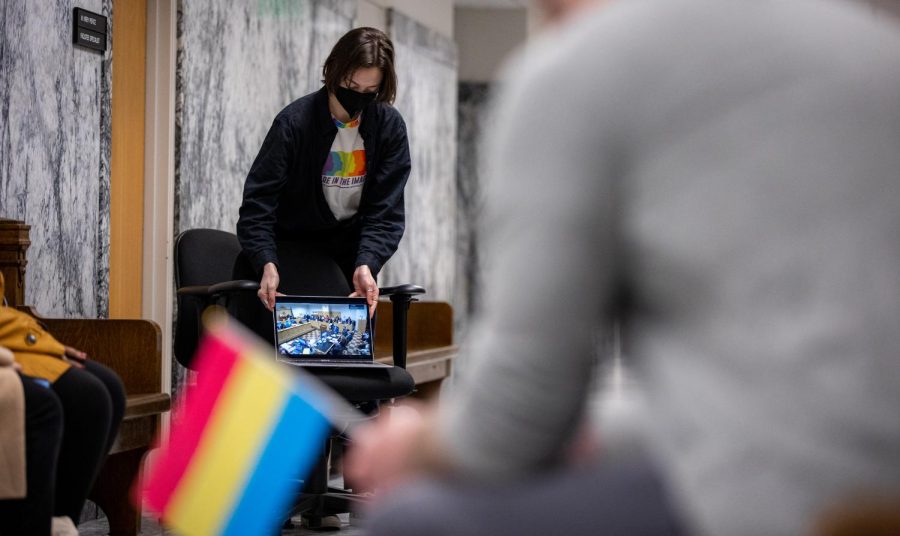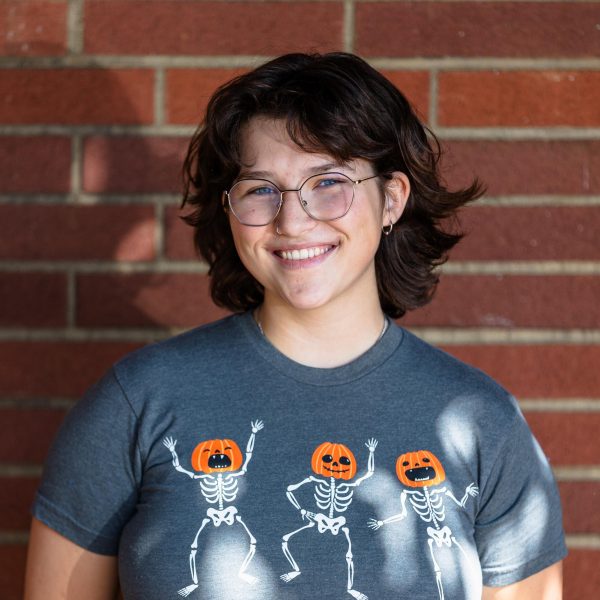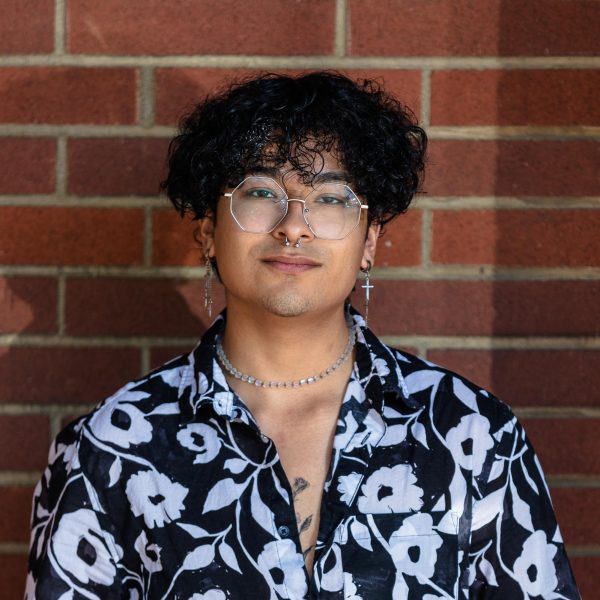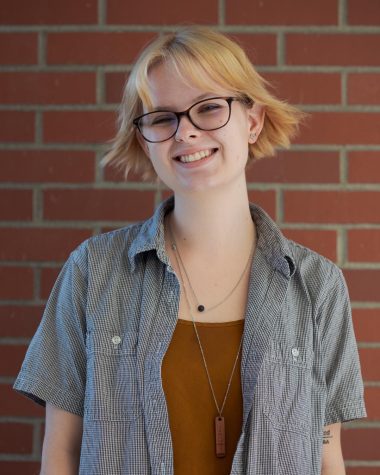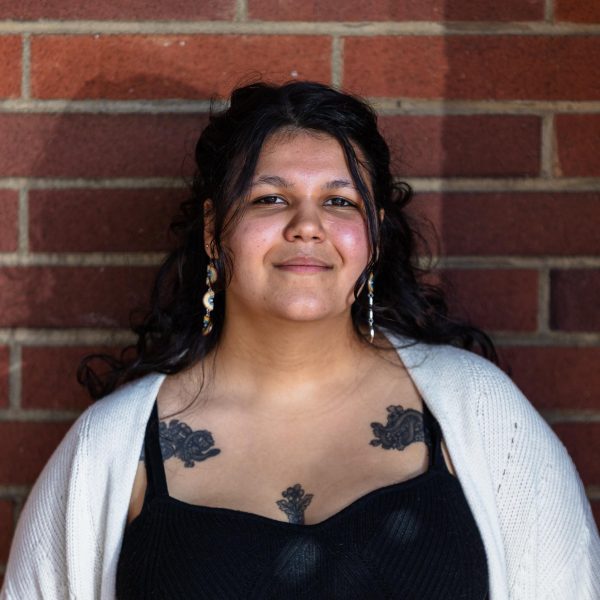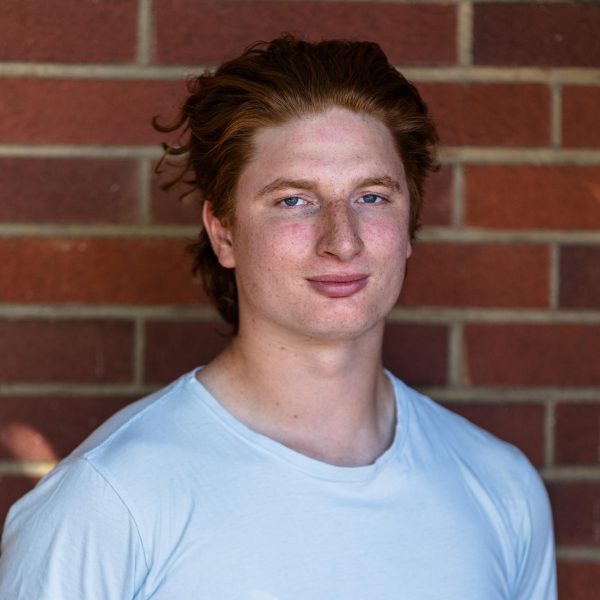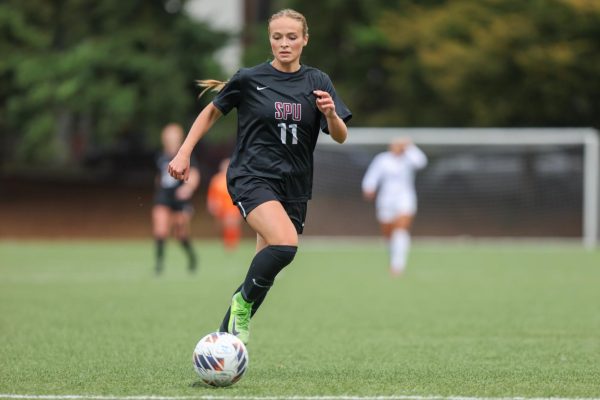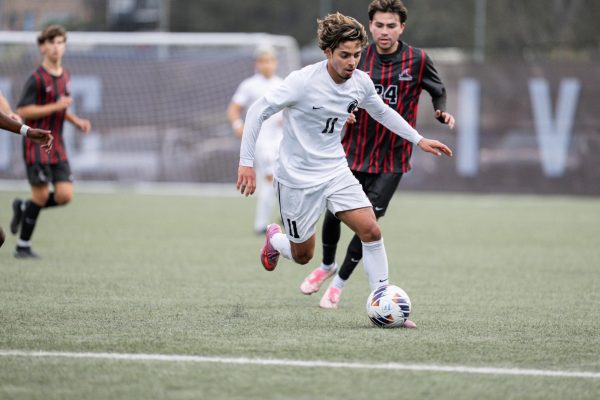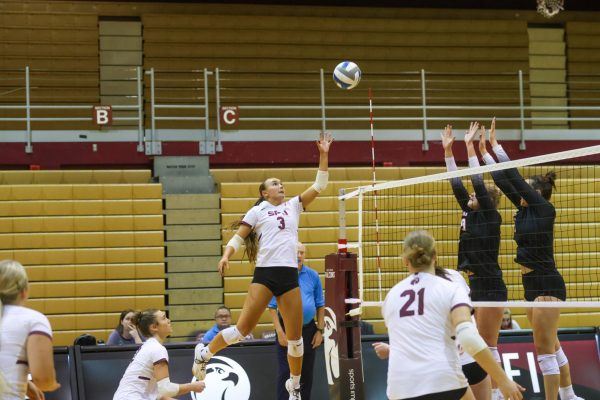No decision yet on motion to dismiss
Guillot v. Whitehead case heard, to receive written decision
February 17, 2023
At 9 a.m. on Friday, Feb. 17, courtroom W-728 was at capacity, filled with students, professors and alumni from Seattle Pacific University invested in the outcome of the Guillot v. Whitehead case. This hearing, which was to decide if the case would be dismissed on the basis of Uniform Public Expression Protection Act laws, took a little over an hour, and the judge heard oral arguments from both the defendants and plaintiffs.
Paul Southwick, the plaintiffs’ lawyer, felt confident in the case he presented and how Judge Andrea Darvas received it.
“It was incredible to see how much of the community showed up and to see everyone who gets it. There was a lot of shaking of heads, a lot of nodding, a lot of smiling. That feeling of community and unity was very palpable,” Southwick said.
Over 300 people were in attendance, either in person or online. The hearing focused extensively on the UPEPA laws, which are to protect against meritless litigations, and the defendants argued that their constitutionally-protected rights were being targeted.
The defendants’ lawyer, Abby St. Hilaire, argued that the plaintiffs lack sufficient standing – or capacity to bring suit – in bringing charges against the defendants. She stated that, on the basis of UPEPA, the Volunteer Protection Act and the Church Autonomy Doctrine, defendants Whitehead, Kato, Menjares and Mason never violated the law and cannot be prosecuted in what she argued to be their constitutionally-protected speech, assembly and association.
Nathaniel Taylor, one of the lawyers for the defendants, provided a statement on behalf of the defendants.
“We appreciate the court’s careful consideration of the arguments,” Taylor said. “Whether the case is dismissed now or later, the lawsuit against these trustees has no merit and ultimately just hurts Seattle Pacific University. The First Amendment means courts do not make decisions about the religious mission of a Christian university.”
The plaintiffs then received time to speak and argued that the court is not here to decide if SPU’s hiring policy is legal but rather that they have a right to be in court.
“This UPEPA statute, as the judge said, it’s brand new,” Southwick said. “There’s not a lot of guidance. There’s a two prong test. One, does it apply? And two, if it does, then we look at the evidence, and I hope that the judge does the analysis that way. I think that she will. Some of the things that the lawyer for the other side said were just not true. I couldn’t predict if we’re going to win or lose, but I feel we made very good arguments and the judge understood us.”
Chloe Guillot is a plaintiff in the case and an SPU alumni. She is hoping that the defendants’ motion to dismiss is overridden by Judge Darvas so the case can proceed into discovery.
“Paul Southwick presented our case well. A lot of the claims that the defendants’ lawyer was making were based on falsities, so I hope that the judge has the chance to look at the evidence and correct some of those lies,” Guillot said. “I’m hoping that they’ll dismiss the UPEPA claim, especially because if we lose that motion, there’s a good chance we would be responsible for the defendants’ legal fees, which is a big financial burden for a lot of people that have already sacrificed a lot for this case.”
If the case is allowed to proceed into discovery, the plaintiffs are planning to subpoena current and former board members as well as accessing several memos.
“I think this case should be allowed to continue into discovery. We have a lot more to learn – board members who are scared to talk, because they feel like they’ve been threatened by the other board members,” Guillot said. “I hope we get that ability to really start to understand exactly what happened last year to get us to this point.”
For many students, including Cody Sugai, a seminary student, the hearing hits very close to home.
“The lawyers who were speaking on behalf of the plaintiffs [were] speaking the words I wanted to say. I heard myself in their words,” Sugai said. “Sitting there as a queer person in the courtroom, I was like, ‘these are the frustrations I’ve withheld’. It makes me feel a little more seen.”
Bizzy Feekes is a graduate student at SPU working towards their masters in theology, reconciliation and intercultural studies. Feekes loved seeing the support for the plaintiffs in this case.
“There’s personal stake in this for me and I think a lot of students. Most of it comes from the fact that a lot of us queer students exist on campus. I think we have a lot of stake in the game,” Feekes said. “To show our solidarity was of the utmost importance.”
Kaylyn Springer and Mackenzie Martin are both alumnus who chose to come to the hearing to show their support for the SPU students.
“I feel like we’ve got a good shot,” Springer said. “I was getting a little stressed out and looking down the bench, everyone was wringing their hands, but there’s a great show of support here.”
For Martin, who has a friend that works at SPU, the case is even more personal.
“As much as I’m showing up for all of the students, I’m also very much here for her,” Martin said, “and wanting to support this community that has historically meant a lot to me.”
Sugai also echoed the importance of this case for not only everyone at the school now, but those who are going to be here in the future.
“This matters not only for me as a queer person, but this matters for the students that I work with now, but also the students who I will probably never meet,” Sugai said.
Judge Darvas did not make a decision about the case at the bench but rather will be releasing a written statement. This is in regards to, in Darvas’ words, the “complexity” of the case and the fact that UPEPA is a rather new statute without many other cases regarding it, as well as the sensitivity of the case.
Judge Darvas has 60 days to release a written decision.














































































